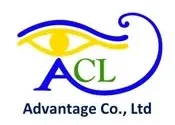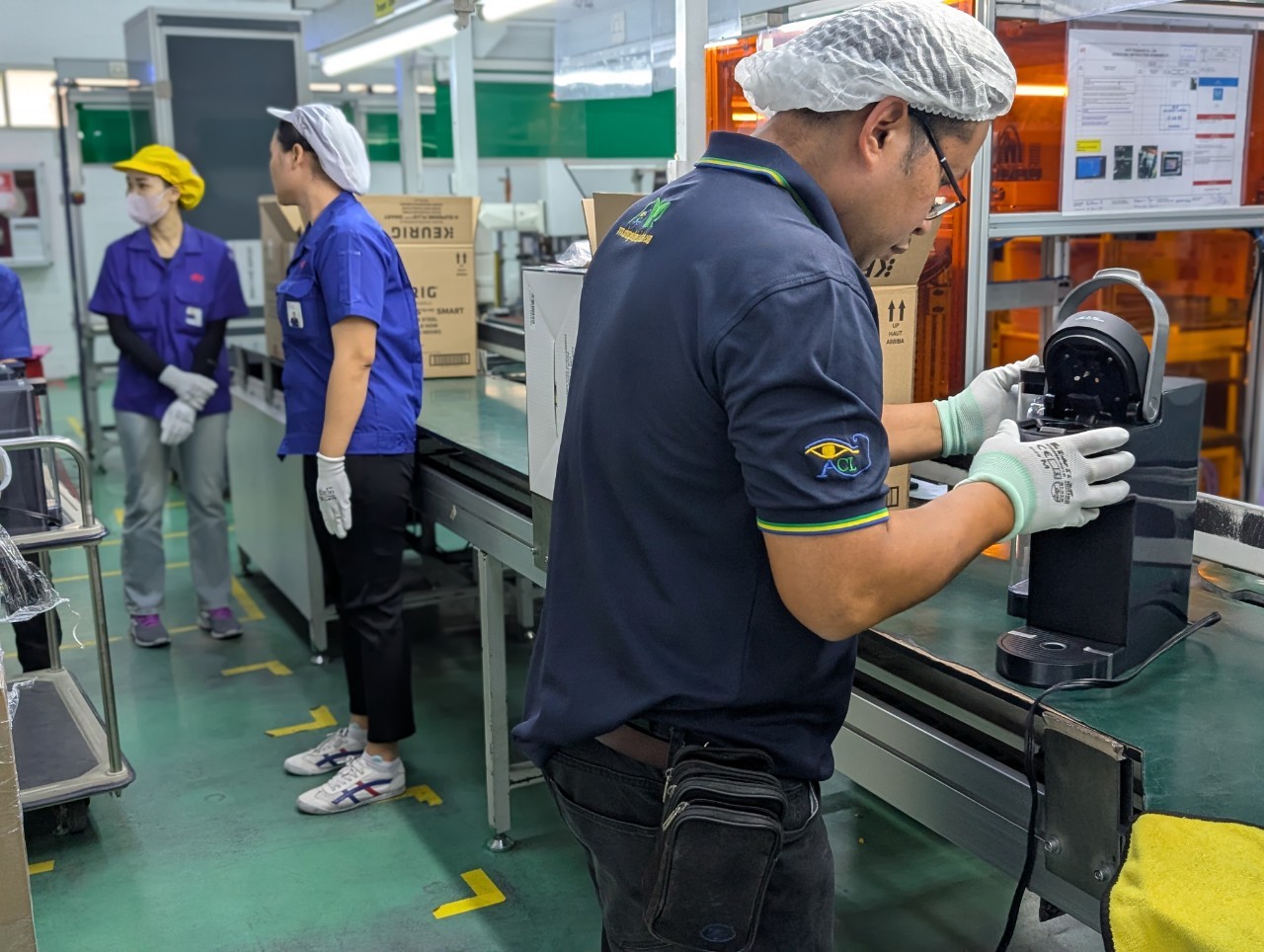Thailand is a growing manufacturing hub for appliances, including coffee machines, known for producing everything from simple drip coffee makers to sophisticated commercial espresso machines. An inspection company acts as the buyer’s eyes and ears on the ground, mitigating risks and ensuring value
1. Verifying Product Quality and Functionality (The Core Benefit)
Coffee machines are complex appliances combining electronics, plumbing, heating elements, and often sophisticated software. A visual check is not enough.
- Performance Testing: Inspectors run the machines to check:
- Brewing Temperature: Does it reach and maintain the optimal temperature (90°-96°C for espresso)?
- Water Flow & Pressure: For espresso machines, is the pump providing the correct bar pressure (typically 9-15 bar)?
- Grinder Consistency: If integrated, does the grinder produce a uniform grind size?
- Heating Time: How long does it take to heat up?
- Functionality of All Features: Steam wands, automated milk frothers, timers, programmable settings, etc.
- Durability & Workmanship: They check the quality of materials—is the housing metal or cheap plastic? Is the portafilter sturdy? Are internal components securely mounted to withstand shipping and daily use?
- Component Verification: Confirming that the factory uses the specific components stated in the contract (e.g., a specific brand of pump, thermostat, or boiler).
2. Ensuring Safety and Compliance
This is non-negotiable. Faulty appliances can cause fire, electric shock, or other hazards, leading to recalls, lawsuits, and brand destruction.
- Electrical Safety Tests: Inspectors perform tests like Earth Continuity, High-Pot (Dielectric Strength), and Insulation Resistance to ensure the machine is safe to use.
- Compliance Verification: They check for the correct and legitimate safety marks required for the destination market, such as:
- UL/ETL for North America
- CE for Europe
- GS for Germany
- SAA for Australia
- Material Safety: Ensuring that materials in contact with water or coffee (like reservoirs and pipes) are food-grade and free from harmful substances.
3. Preventing Shipping and Logistics Issues
An inspection happens just before shipment, which is the last chance to catch problems that could cause losses at the destination.
- Pre-Shipment Inspection (PSI): This is the most common type. The inspector randomly selects units from the finished, packed order to check.
- Packaging Check: Is the packaging (inner and master carton) strong enough to protect the machine during ocean freight? Is it the correct branded packaging as ordered?
- Shipping Mark Accuracy: Ensuring the cartons have the correct importer’s address, product details, and barcodes to prevent mix-ups at the warehouse.

